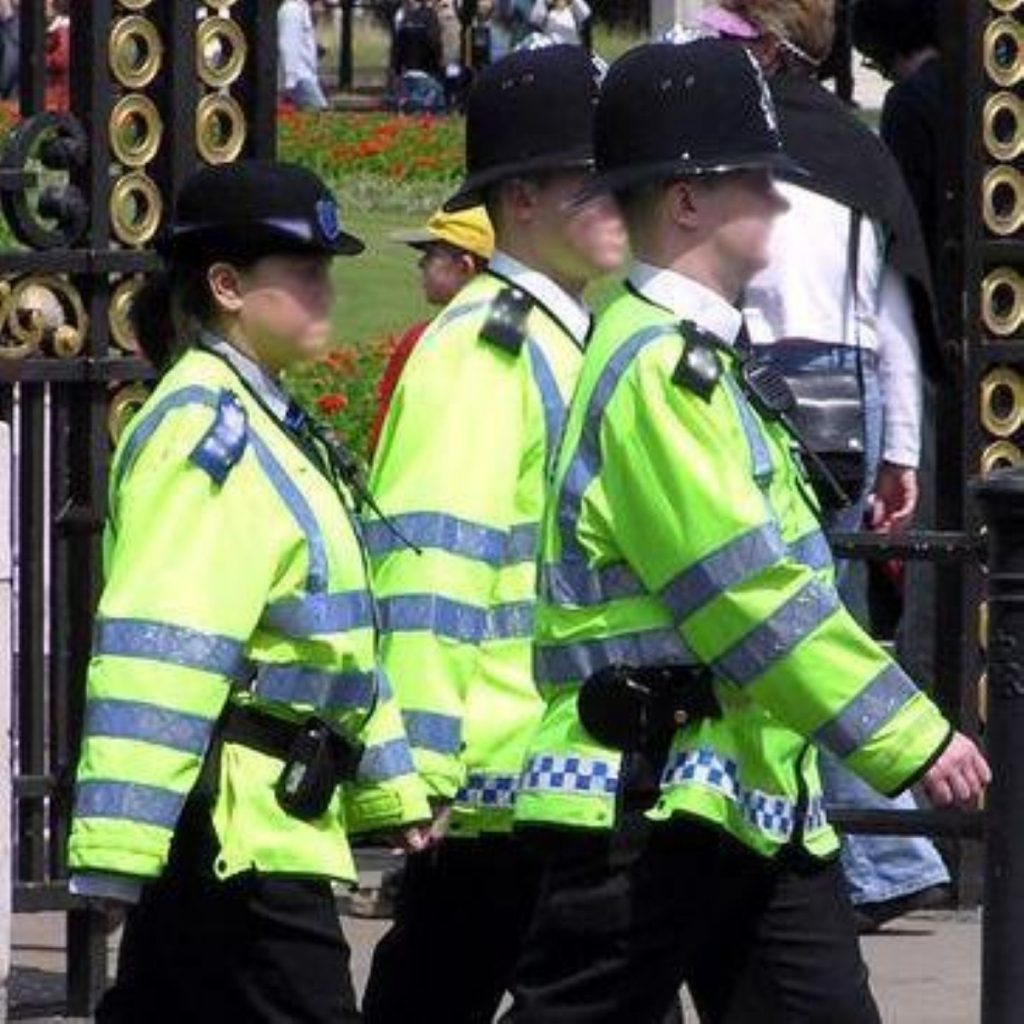Rubber stamping? MPs submit to Theresa May coup
By Georgie Keate
The powerful home affairs committee proved rubber stamped Theresa May's controversial decision to appoint Tom Winsor the chief inspector of police earlier today.
Many members of the rank and file police have been up in arms about the government's suggestion that Mr Winsor, author of the unpopular review on police pay and conditions, should become the overseer of his own reforms as chief inspector of constabulary.
Yet committee chair Keith Vaz said: "We are content for the home secretary to proceed with the appointment of Tom Winsor."


The committee discounted concerns that Mr Winsor may act as May's point man above the police force, stating he was 'robust in the defence of his independence' during his stint as rail regulator where he is said to have stood down Gordon Brown and Alistair Darling.
Ms May had previously made clear the home committee's approval was not a necessary part of the appointment, leading critics to brand the appointment of Mr Winsor a coup.
"If the home secretary decided that appointing me would lead to the production of a meek and complacent regulator then she's going to be disappointed," the candidate insisted to the committee yesterday.
Amid worries that Mr Winsor would be the first inspector not to be drawn from the police force, the committee decided that the lawyer of firm White & Case was able to "surround himself with highly able people with sound advice".
However, over 31,000 policemen do not share that view, claiming his report undermined the foundation of British policing, prompting them to set up the 'Anti-Winsor Network'.
Writing in politics.co.uk, chair of the constables committee of the Police Federation Julie Nesbit said: "Mr Winsor is going to have a huge job winning the respect of police officers, who have just been told that they must work longer, pay more and get less in retirement – assuming that they're not sacked or made redundant under his proposals."
The police minister, Nick Herbert, called their campaign "aggressive, disgraceful and unacceptable". When asked by the committee whether he had chosen Mr Winsor as an 'act of defiance' against opposition, he said: "We chose the strongest candidate for the job."
Mr Winsor's report suggested cutting £1.1 billion from police pay over three years, redirecting funds back to the front line, linking pay to performance rather than time, easing redundancy rules, fast tracking promising recruits and introducing a mandatory fitness test for all officers.
Mr Winsor told the committee yesterday that he wished to take the job because "the lure of public service was too strong" for him to ignore and has vowed to serve the public first over the police and the government.









